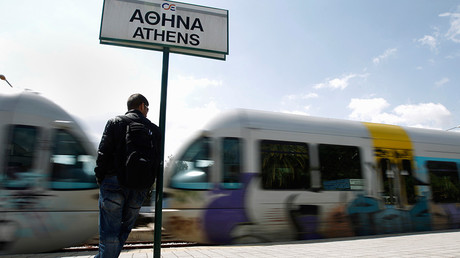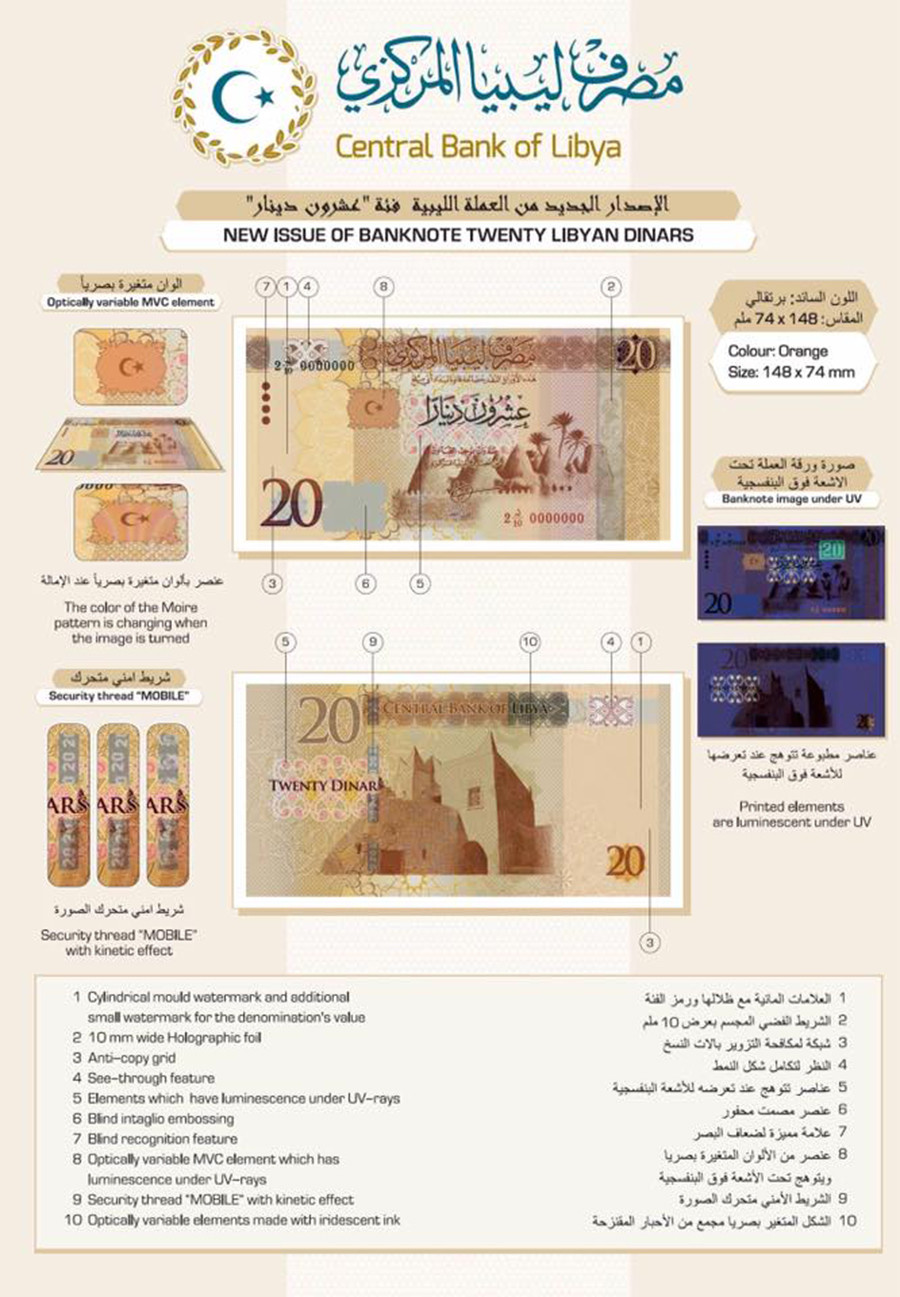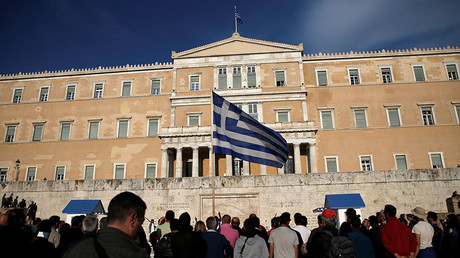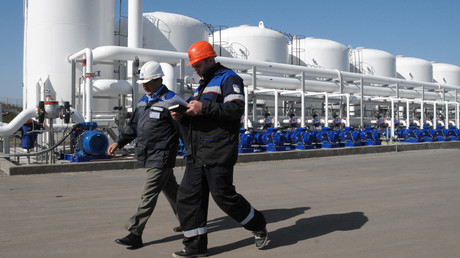
Before the visit, Putin published an article in Greece’s Kathimerini newspaper, where he spoke about the negative effect of mutual sanctions.
“These days, Greece is Russia’s important partner in Europe. Unfortunately, the decline in relations between Russia and the European Union stands in the way of further strengthening our cooperation, with an adverse effect on the dynamics of bilateral trade that fell by a third to $2.75 billion as compared to last year. Particularly affected were Greek agricultural producers,” Putin said.
In 2015 trade between the two countries fell by 33.7 percent to about $2.8 billion. Ninety percent of that loss was exports from Russia to Greece. Russian imports from Greece decreased by 54 percent and amounted to $229.4 million.
Putin’s visit to Greece breaks a long pause in his travels to Western countries. Last time he went to the EU was November 30 last year, when he took part in the UN climate conference in Paris.
Over the past year the Greek leadership has criticized the EU’s anti-Russian sanctions, but has never used its right to veto their extension. According to some analysts, Athens is playing the Russian card to persuade Brussels and international lenders towards a softer position on its €320 billion debt.
Experts have also said that historical ties with Greece could help Russia find an ally who could help to ease the sanctions.
“The extreme political and economic disruption Greece has experienced, in combination with existing cultural ties, make it a particularly attractive target for these kind of initiatives,” Daragh McDowell, a principal analyst for Europe and Central Asia at Verisk Maplecroft, told CNBC.
Article source: https://www.rt.com/business/344569-putin-greece-visit-economy/?utm_source=rss&utm_medium=rss&utm_campaign=RSS


